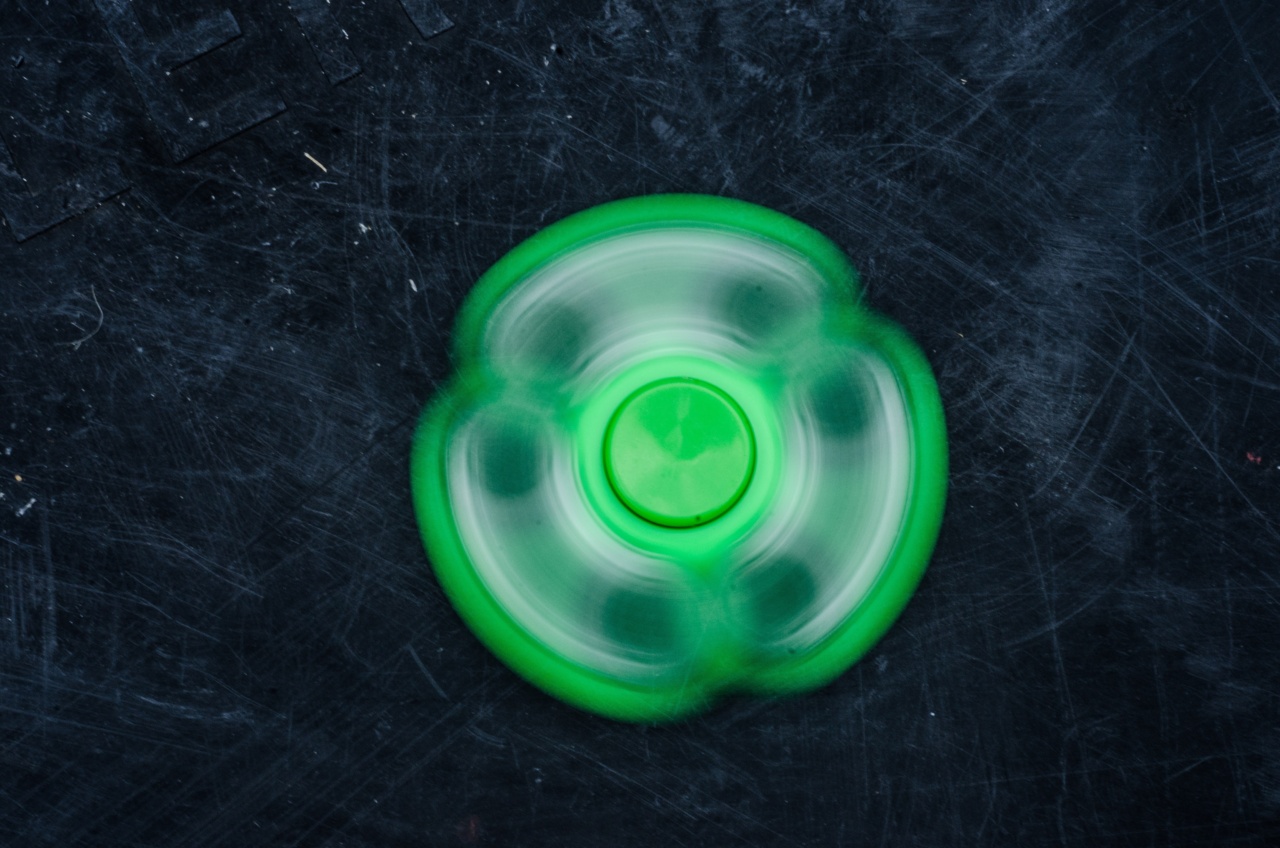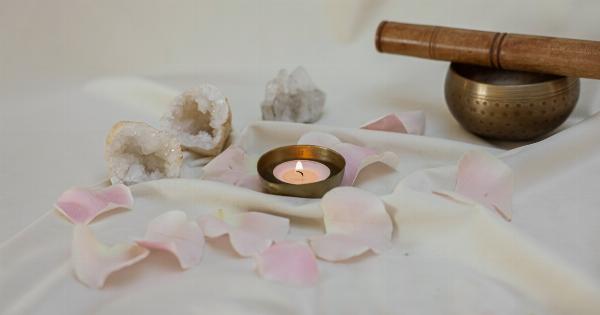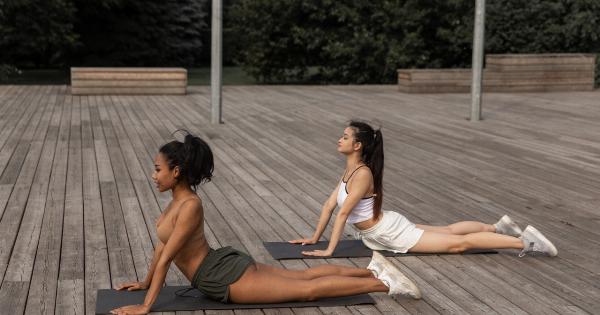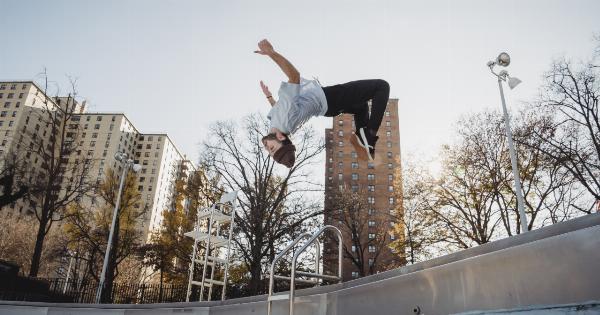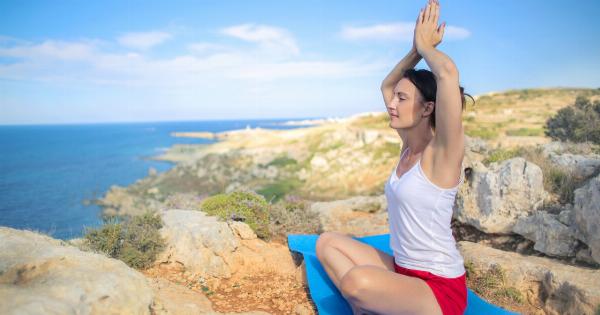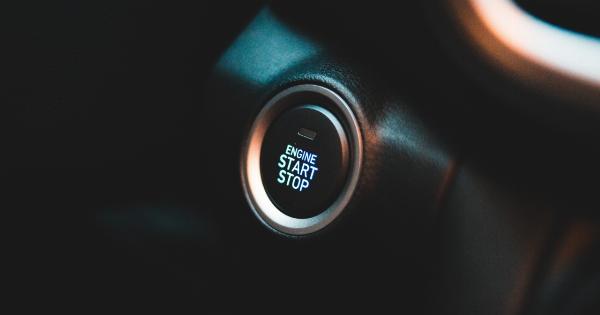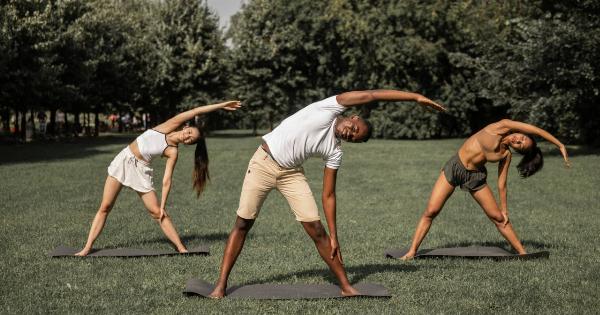Anxiety has become an increasingly common issue in today’s fast-paced and demanding world. In our quest for success and happiness, we often find ourselves overwhelmed by stress, worry, and fear.
While seeking professional help is crucial, there are also powerful self-help tools we can incorporate into our daily lives to alleviate anxiety and promote a sense of calm and well-being. One such tool is meditation, which has been practiced for centuries and has proven to have numerous physical, mental, and emotional benefits.
In this article, we will explore five meditation tools that can effectively reduce anxiety and cultivate inner peace.
1. Mindfulness Meditation
Mindfulness meditation is a practice that involves bringing non-judgmental awareness to the present moment. By focusing all our attention on the present, we can detach ourselves from anxious thoughts about the past or future.
To practice mindfulness meditation, find a quiet and comfortable place to sit or lie down. Close your eyes, take a deep breath, and bring your attention to the sensation of your breath as it enters and leaves your body. Whenever your mind starts to wander, gently bring your focus back to your breath.
Mindfulness meditation helps train our minds to stay anchored in the present, reducing anxiety and promoting a sense of calm.
2. Breath Awareness Meditation
Breath awareness meditation is a simple yet powerful technique that uses the breath as a focal point to calm the mind and relax the body. Find a comfortable sitting position and take a few deep breaths to relax your body.
Close your eyes and bring your attention to the sensation of your breath as it moves in and out of your nostrils. Notice the temperature, texture, and rhythm of your breath. If your mind wanders, gently redirect your focus back to your breath.
Breath awareness meditation can help release tension, clear the mind, and bring a sense of peace and tranquility, reducing anxiety in the process.
3. Guided Meditation
Guided meditation is an excellent tool for beginners or those who find it challenging to quiet their minds on their own. This meditation technique involves listening to a recorded meditation session or following along with a meditation app.
Guided meditation often involves gentle instructions, calming music, and visualizations to help you relax and reduce anxiety. These sessions can focus on different themes like gratitude, self-compassion, or stress relief. By following the guidance, you can let go of racing thoughts and immerse yourself in a deeply peaceful and calming experience.
4. Visualization Meditation
Visualization meditation is a technique that involves creating mental images to promote relaxation and reduce anxiety. Find a quiet and comfortable space to sit or lie down. Close your eyes and take a few deep breaths to relax your body.
Start visualizing calming scenes or places that make you feel safe and at ease. It could be a serene beach, a lush forest, or a peaceful meadow. Engage all your senses in this visualization, imagining the sights, sounds, smells, and even the physical sensations that come with it.
Visualization meditation helps shift your focus away from anxious thoughts and transports you to a tranquil mental space.
5. Body Scan Meditation
Body scan meditation is a practice that involves systematically bringing attention to different parts of your body to promote relaxation and release tension. Lie down in a comfortable position, close your eyes, and take a few deep breaths.
Starting from your toes, bring your attention to each body part one by one, noticing any sensations or areas of tension. As you focus on each body part, consciously relax and release any tension you may feel. Move your attention slowly through your feet, legs, torso, arms, and head.
Body scan meditation helps cultivate body awareness, promote physical relaxation, and reduce anxiety.
By incorporating these meditation tools into your daily routine, you can effectively manage anxiety and experience the transformative benefits of meditation.
Whether you choose to practice mindfulness meditation, breath awareness meditation, guided meditation, visualization meditation, or body scan meditation, consistency is key. Set aside a specific time each day to engage in your chosen meditation practice, even if it’s just a few minutes. With regular practice, you will develop a deeper sense of calm, inner peace, and resilience in the face of anxiety.
